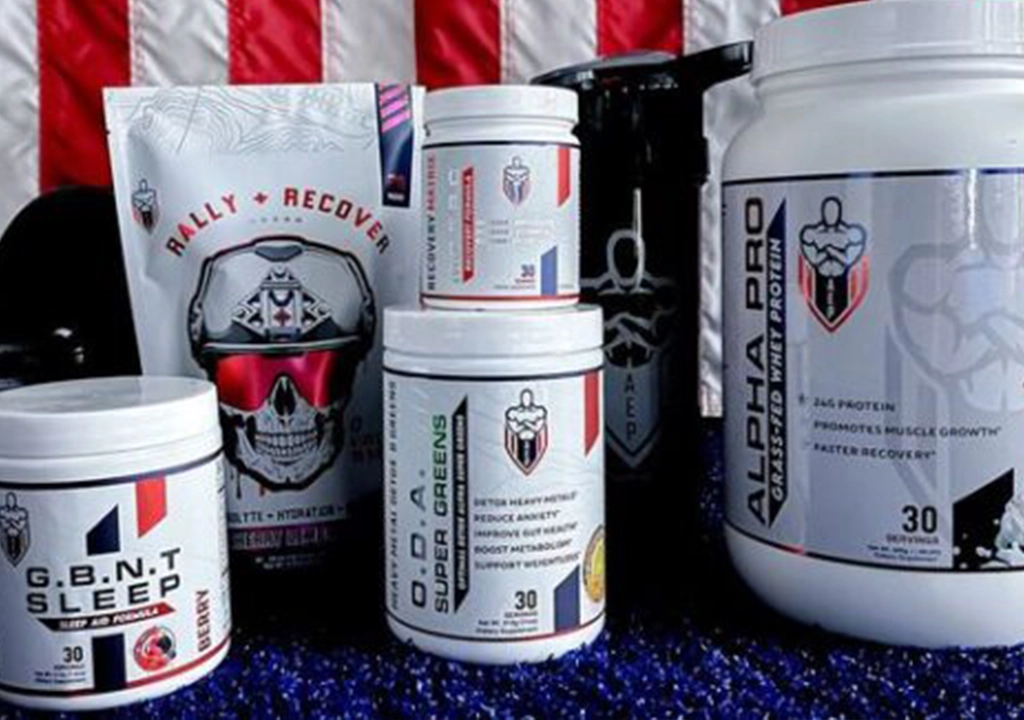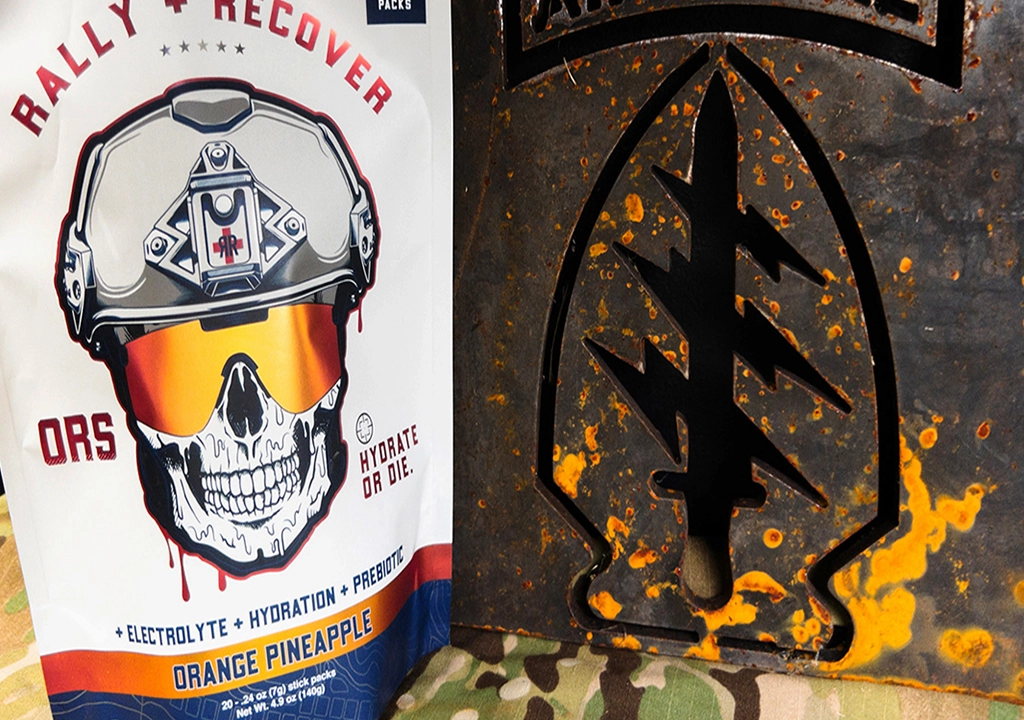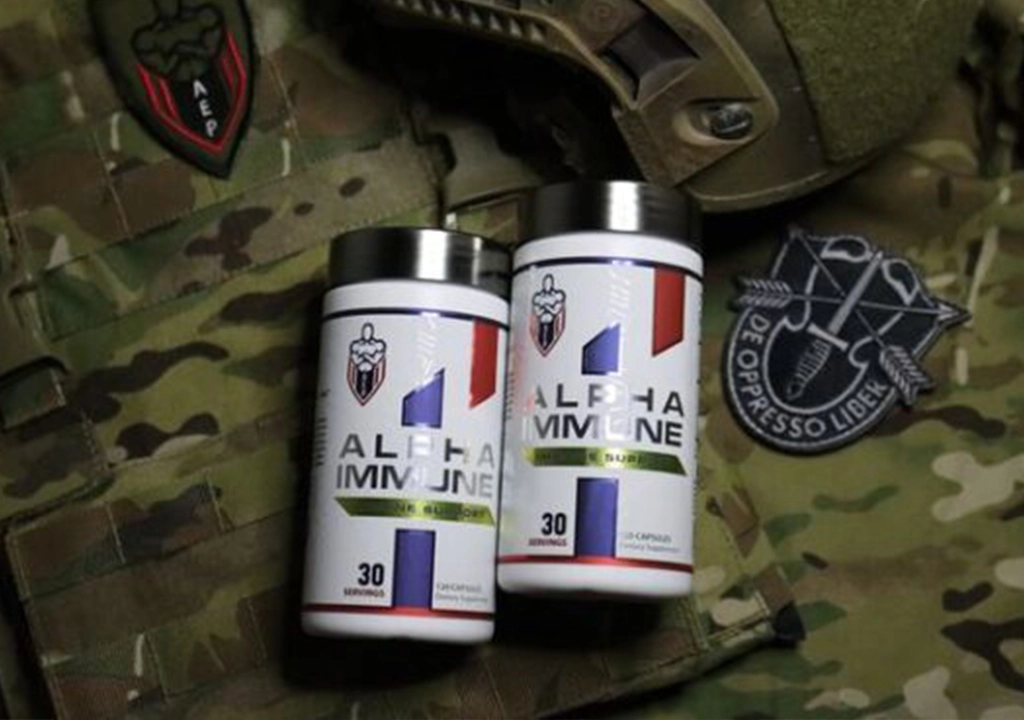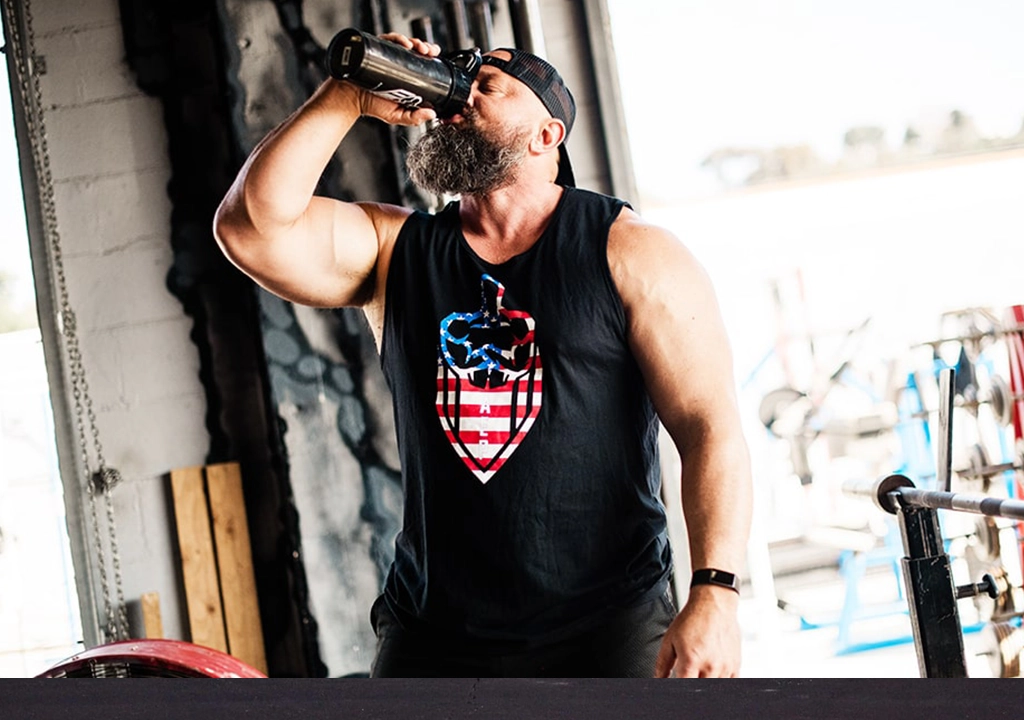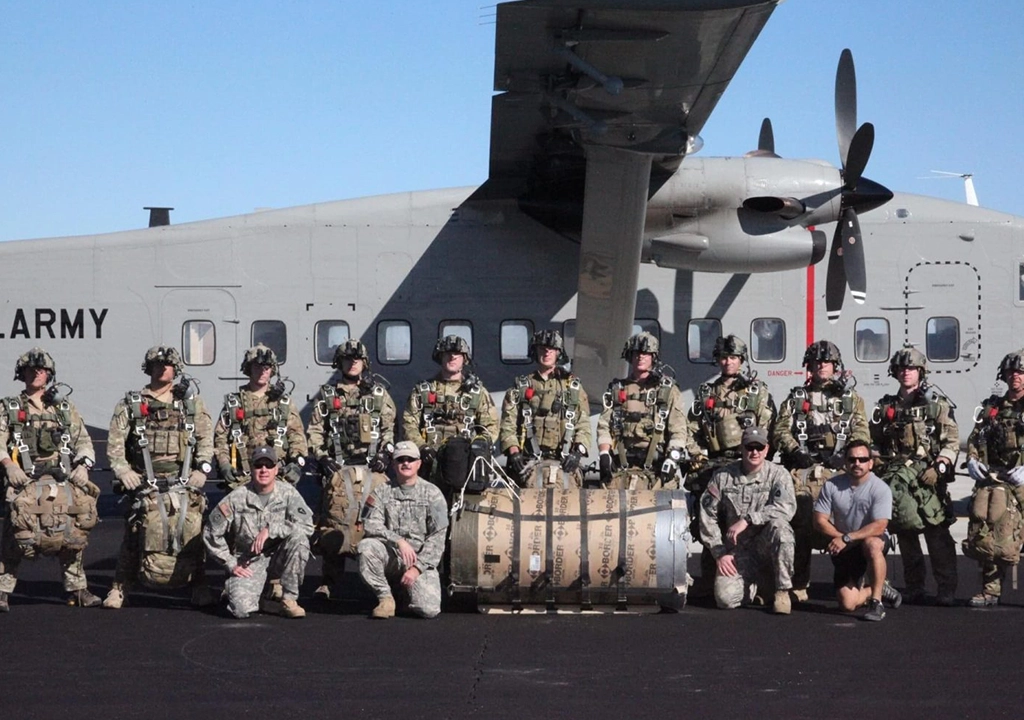A good night’s sleep has a significant impact on our health. For servicemembers, veterans, and their loved ones, not getting enough sleep can have a host of negative consequences, ranging from weight gain, decreased cognitive performance, poor interactions with family and coworkers, increased likelihood for accidents, exacerbating conditions like PTSD and much more. Unfortunately, sleep deprivation is not just something you deal with while deployed, it can also be a lingering issue when you return home. Studies show that many veterans get only five-and-a-half to six hours of shuteye a night—significantly less than the recommended seven to nine hours of sleep.
Sufficient sleep helps heal our bodies and minds, but for many reasons sleep does not always come easily. There is often a combination of factors contributing to sleep issues such as recovering from irregular work hours, adjusting to different time zones, adapting to life back at home and much more. These missed hours should not be taken lightly! GBNT Sleep is a specially designed formula that decreases energy levels and promotes high-quality rest. Adding it to your sleep routine can help you get back on a healthy sleep schedule.
The fundamentals for any bedtime routine are consistent. One needs to unwind the mind and the body, so the autonomic nervous system is quieted down and the production of stress hormones, like adrenaline and cortisol, decrease.
Three simple things you can do to improve your sleep– controlling light, noise, and temperature.
Remember- there is no magic recipe here, and you won’t always be able to follow or utilize these options to a T, especially when you are on travel orders or deployed, but working on your “resupply” of sleep is just as important as ammunition, food and water.
Often, Soldiers report they have tried but just cannot shut down their brains to fall asleep. Often caught in the replay the day’s events, identify things to be done, and worrying about the “what ifs.” The inability to fall asleep and stay asleep often has underlying component of stress, anxiety, conscientiousness, or worry. As you wait for the GBNT to kick in, instead of contemplating the shadows on your ceiling or scrolling your social media, consider these options to get your mind and body better rested. Remember- Rested soldiers are better soldiers’ home and deployed.
While Deployed:
- Give yourself a break. Rest after stressful events. Learn relaxation techniques.
- Sleep does not have to be taken in one continuous period to be effective- Nap as much as possible to get 7-9 hours of sleep every 24 hours.
- Following a single bout of sleep loss, most Soldiers will recover adequately if allowed 1–2 nights with as much time in bed as desired.
- If tactically permitted, use soft foam earplugs and a sleep mask or room fan to block noise/light.
While active duty military may have less control over their schedules while deployed, experts agree that establishing a set routine at home is one of the most effective ways to alleviate insomnia.
While Home:
- Set a strict bedtime and wake-up time- Going to bed and waking up at the same time is a crucial behavioral strategy that not only helps you get a better night’s rest but creates a sense of normalcy during emotionally and mentally turbulent times.
- Keep your bedroom set up for your success. Whatever your preferences, ensure that your sleep area is ‘sleep friendly’ for you.
- For example, if your ears are affected by ringing, a quite space might be difficult to fall asleep in. Consider using a fan or an app for white noise.
- Physical activity results in a cognitive boost that can last up to 3 hours afterwards. Finish PT at least 3 hours before lights out.
- Also, the bedroom should be reserved as a place for sleep or intimacy! It should not be a place to watch TV, play computer games, argue, or read.
Sleep tactics to try out
Wind it Down
- Getting a solid night’s sleep starts with the way you spend your time leading up to bedtime. Try these three science- backed techniques to help cultivate a better attitude about sleep and prepare for a good night’s rest. Say good night to your devises, do not force it, try a meditation
Meditate
- There are different forms of meditation, but the essential element is being fully aware and paying attention. The process of meditation is to calm the mind by paying attention to the thoughts or images in our head.
- Try a Body Scan Meditation to help you drift into peaceful slumber and improve your quality of sleep. Explore this guided meditation.
Breathe
- Breathing is the essence of being and practicing rhythmic breathing exercises helps to regulate a lot of our bodily functions (blood pressure, heart rate, and blood circulation, etc). Consciously slowing our breathing down stimulates the relaxation response; it results in less tension and provides an overall sense of well-being.
Some forms of deep breathing are:
Elite Minute Bonus Reminder– Soldiers have a survival response called the “fight or flight” response. It is the physiological, automatic response to danger that helps us deal with threats and emergencies. Everyone has experienced this response in a dangerous situation (or to a lesser extent, even when startled). Recovering from a “fight or flight” response is as equally important but is often overlooked. When the perceived threat has passed, we want to get into the relaxation response. This helps us to settle down and return our body to normal operations. Give these a try to help settle your mind and gear down:
- Journaling or writing things down
- Deep breathing exercises
- Relaxation exercises such as progressive muscle relaxation
- Visualization or guided imagery exercises
- Meditation
- Mental focusing exercises
Bottom
There’s little downside to trying and only positives to gain, and we all like our gains!
[/vc_column_text][/vc_column][/vc_row][vc_row][vc_column][vc_empty_space][/vc_column][/vc_row][vc_row][vc_column][porto_buttons btn_title=”ORDER FROM US TODAY” btn_link=”url:https%3A%2F%2Falphaeliteperformance.com%2Fproduct%2Fgbnt-sleep%2F|title:Alpha%20Metal%20Detox||” btn_align=”porto-btn-center” btn_title_color=”#ffffff” btn_bg_color=”#033665″ btn_title_color_hover=”#033665″ btn_font_size=”16″]


